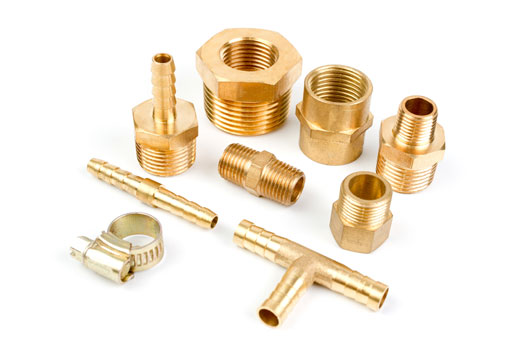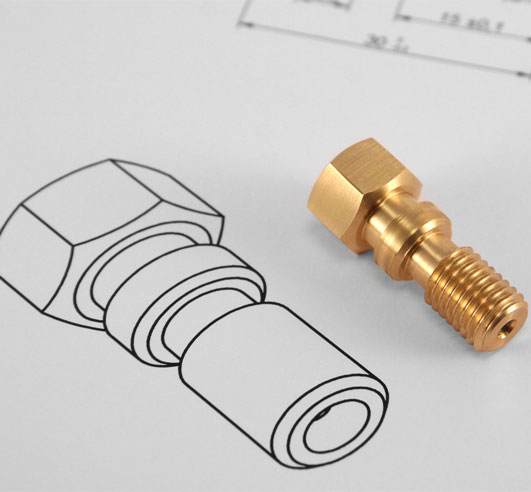A CNC (Computer Numerical Control) Machine is an incredibly powerful asset to any workshop, whether it's a small hobbyist space or a grand industrial setting. Without the components making up these machines, none of the precision, efficiency, and consistent high-quality output these units are famous for would be possible. So, let us delve deep into what makes a CNC machine tick, or rather, cut, mill, and drill.
The Heart of a CNC Machine: The Controller
In every CNC machine, the controller serves as its brain. It interprets information from a CAD or CAM file and transforms it into physical movements, commanding the machine where and when to move. This component is essential for precision machining as it pages the way for automation and repeatability in complex processes.
Motors: Driving Motion in CNC Machines
Stepper and servo motors make up the muscle behind every controller action. They provide the required power to drive the machine's movements in specific degrees or increments. These motors are a critical driving force behind the machine's precise and efficient operation.
Spindle: The Workhorse of CNC Machines
The spindle carries the cutting tools required for machining tasks. They come in a variety of power ratings and speed options and can rotate either manually or automatically, depending on the machine design. The spindle's quality significantly impacts the machine's operational speed, precision, and overall quality of the workpiece.
The CNC Table: The Bedrock of Operations
A CNC machine would be incomplete without the CNC table. This part holds and secures the workpiece during operation, stabilizing it against the intense forces from the cutting process. The rigidity and stability of the CNC table significantly influence machining precision and the quality of the final product.
CNC Machine Guide Rails and Bearings
Guide rails and bearings are integral components supporting accurate machine movements. They reduce friction and facilitate smooth motion during operations, effectively reducing errors caused by jerky or inconsistent movements.
Ball Screws and Lead Screws
These components convert the rotational movement of the motor into linear motion. The choice between a ball screw and lead screw often depends on precision needs, load carrying requirements, and budget considerations.
Power Supply and Safety Components
A stable power supply is essential for a CNC machine to function properly, while safety components - such as limit switches, emergency stops, and enclosures - protect both the machine and operator during operation.
Software: The Invisible Essential
The CNC machine's toolpath software is an unsung hero, working behind the scenes to translate computer designs into operational instructions. Top-quality software is invaluable to streamline complex processes, increase productivity, and reduce costs.
Every CNC machine component plays a pivotal role in its operation. They all work together seamlessly to produce high-quality, precise parts. Whether you're building your own CNC machine or seeking to understand your industrial unit better, we hope this overview has been useful.
An in-depth exploration of these individual parts will reveal more about the capabilities, limitations, and applications of different CNC machines. As technology continues to evolve, so do these machines, rapidly advancing and offering new possibilities for automating intricate manufacturing tasks.
Remember, investing wisely in each component and regular maintenance will ensure a longer, more productive life for your CNC machine. So, here's to reliable machining and the continual pursuit of precision!
cnc machine parts







